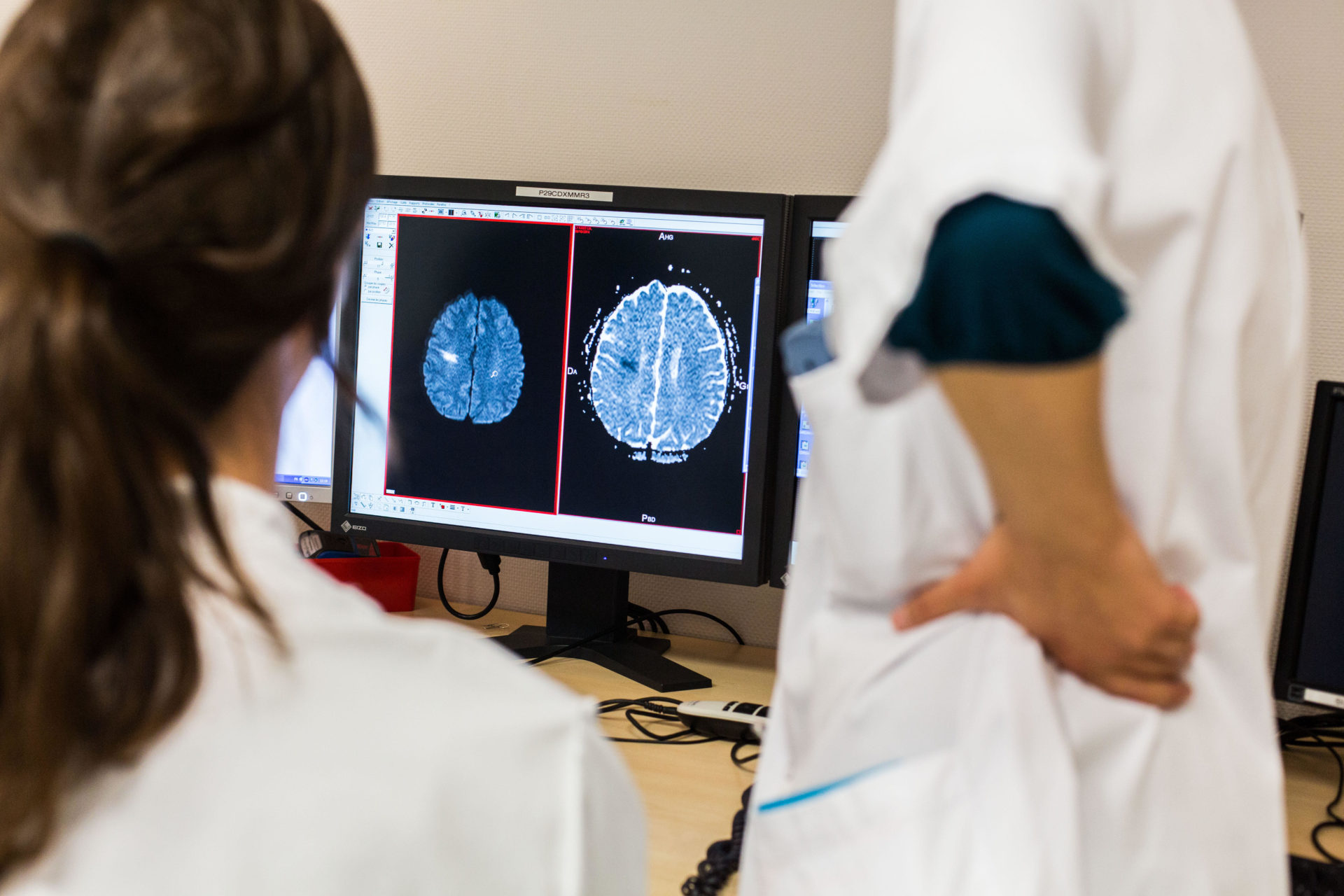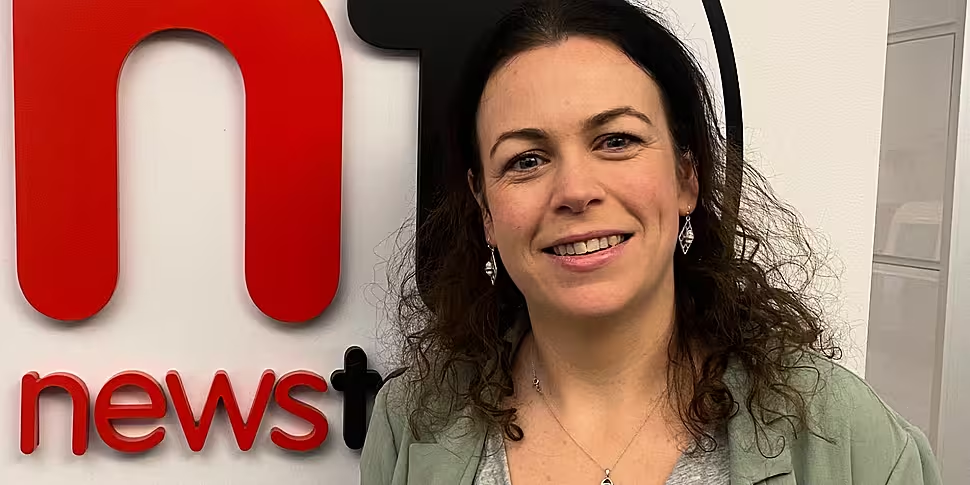A woman who survived a stroke at the age of 33 has warned that the condition affects an “awful lot" of young people.
A stroke is when a blood vessel that carries oxygen to your brain bursts or gets blocked by a clot. It means your brain then fails to get the oxygen it needs and your bodily functions are affected.
Most people who suffer a stroke are over 60 but Fiona Bardon had one when she was just in her early 30s.
“I was getting ready to move to Dubai,” she told The Pat Kenny Show.
“I had taken a career break from my school in Dublin and I was supposed to move to Dubai the weekend before and my school contacted me to let me know that they didn’t have enough teaching staff and would I mind waiting for the weekend.
“I was like, ‘No problem.’
“It was the Wednesday in between the two flights and I woke up that morning and I felt sick and I didn’t think too much of it and then as the day progressed I was supposed to meet someone for lunch, tried to text them to cancel and the text wasn’t making any sense at all; I just wanted to go back to sleep.
“I was on the couch later on that afternoon and my Mum came home and found me having a seizure on the floor.”
 EHN4HB Doctors studies CT and MRI scans of a stroke victim, Bordeaux hospital, France.
EHN4HB Doctors studies CT and MRI scans of a stroke victim, Bordeaux hospital, France.Fiona was lucky she had the seizure at home and not in Dubai where she had arranged to live in a one bedroom apartment.
She spent the next 10 days in hospital and then was discharged into the care of her mother.
“I was put on the waiting list for the national rehabilitation hospital as an outpatient,” she added.
“It took about six months to get in there and that’s obviously a long time… When I was in there, I got in for speech and language therapy and occupational therapy.”
The arrival of the COVID-19 pandemic hugely complicated her recovery; it meant having to learn how to deal with Zoom and a host of other technological innovations that became common during lockdown.
“It’s all those things that you have to relearn,” she said.
“It’s so frustrating; if you’re trying to speak and the words that are in your head aren’t the same that are coming out of your mouth and you don’t realise that.
“So, when someone’s replying to you, what they’re saying back to you makes no sense because what you’ve said hasn’t made sense because you don’t realise that yourself.”
Fiona says she is currently 90% better and plans to return to teaching as soon as she can.
“It’s definitely my aim to get back to work,” she said.
6,000 a year
Stroke specialist Dr Joseph Harbison said that roughly 6,000 people are admitted to hospital in Ireland every year with a stroke and that the age profile of patients varies hugely.
“30% of those are under 65 and maybe 300-400 are under 40,” he said.
“So, that’s quite a lot when you think about it. We see children with strokes.”
To those who wish to avoid a stroke, Dr Harbison says the most important thing to do is be aware of your blood pressure.
“If I could drop the population of Ireland’s blood pressure by 10 points… I’d half the risk of stroke,” he said.
“So, what I always say is, know your numbers. Know what your blood pressure is.”
Main image: Fiona Bardon. Picture by: Newstalk.









